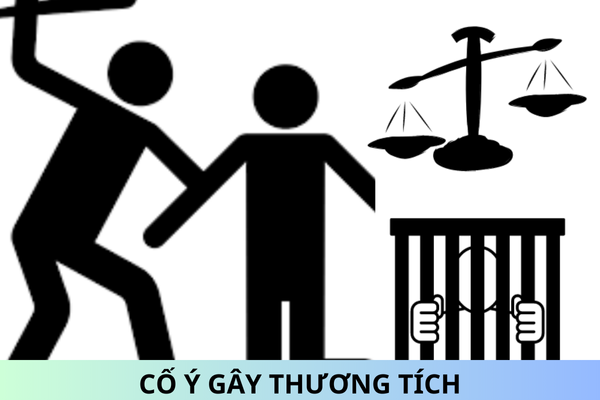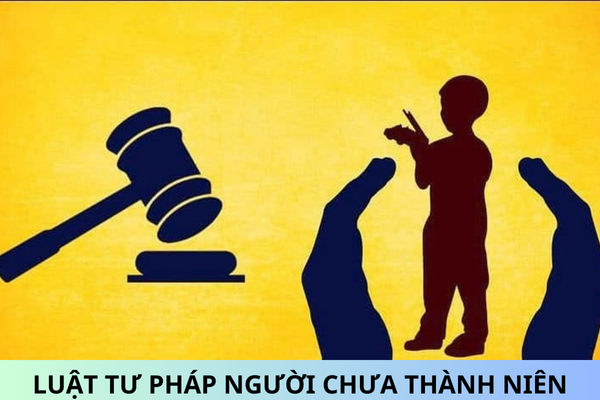When Can Criminal Records Be Expunged for Dangerous Recidivism in Theft Crimes?
Cases of Dangerous Recidivism: When Can Criminal Records for Theft Be Expunged?
The offense of theft under the provisions of the Criminal Code 2015 is subject to automatic expungement.
According to Clause 2, Article 70 of the Criminal Code 2015:
Persons convicted are automatically entitled to expungement if, from the date of completion of the main penalty or completion of the probationary period of a suspended sentence, they have completed additional penalties, complied with other decisions of the judgment, and have not committed a new offense within the following time periods:
a) 1 year in case of a warning, fine, non-custodial reform, or imprisonment with a suspended sentence;
b) 2 years in case of imprisonment up to 5 years;
c) 3 years in case of imprisonment from over 5 years to 15 years;
d) 5 years in case of imprisonment over 15 years, life imprisonment, or death penalty but reduced sentence.
In cases where the convicted person is serving an additional penalty such as probation, residence ban, occupation ban, specific job ban, or deprivation of certain civil rights, and the period of compliance exceeds the time limits outlined in points a, b, and c of this Clause, the automatic expungement period will expire when the additional penalty is completed.
...
Thus, to determine the time for expungement, it is necessary to look at the type of penalty imposed based on the cases mentioned above. Dangerous recidivism is an aggravating circumstance of criminal liability; however, it does not affect the expungement period of the convicted person's record.
When Can a 17-Year-Old Convicted of Drug Trafficking Have Their Criminal Record Expunged?
According to the provisions of the Criminal Code 2015, the offense of illegal drug trafficking is a particularly serious crime.
Clause 19, Article 1 of the Amended Criminal Code 2017 stipulates the expungement of criminal records for persons aged 16 to under 18 as follows:
Persons aged 16 to under 18 convicted of particularly serious crimes committed intentionally or particularly serious crimes are automatically entitled to expungement if from the date of completion of the main penalty or probationary period of a suspended sentence or from the date the statute of limitations for judgment execution expires, they have not committed a new offense within the following time periods:
a) 6 months in the case of a warning, fine, non-custodial reform, or imprisonment with a suspended sentence;
b) 1 year in the case of imprisonment up to 5 years;
c) 2 years in the case of imprisonment from over 5 years to 15 years;
d) 3 years in the case of imprisonment over 15 years.
...
In the case of a 17-year-old convicted of illegal drug trafficking (a particularly serious crime), they are automatically entitled to expungement if from the date of completion of the 18-month imprisonment, they have not committed a new offense within 1 year.
Best regards!










